Israeli forces recently intercepted the Handala aid ship, part of the Freedom Flotilla, approximately 40 nautical miles from Gaza in international waters. The vessel, carrying two Australian nationals among its passengers, was roughly 50km from the Egyptian coast and 100km west of Gaza when Israeli troops boarded it. While traveling from Malmö in Sweden, the Handala, registry name Navaren, was attempting to break Israel’s naval blockade of Gaza.
The Handala, whose name carries significant symbolism in Palestinian culture, was transporting critical humanitarian supplies, including baby formula, diapers, food, and medicine for Palestinian residents in Gaza. According to the Freedom Flotilla Coalition, the unarmed boat was violently boarded by Israeli forces, with all 21 international activists and journalists aboard detained and their cargo seized. This interception occurs amid mounting international criticism over the worsening humanitarian situation in Gaza, particularly concerning rising hunger in the territory due to Israeli restrictions on aid. Notably, this marks the second such interception in recent weeks, following the Israeli army’s stoppage of another Freedom Flotilla vessel, the Madleen, on June 9.
Israeli Navy Intercepts Handala in International Waters
The Israeli military intercepted the Handala vessel late Saturday night in a controversial operation that has sparked international debate. Precise tracking showed the vessel was located approximately 40 nautical miles from Gaza’s coast at the time of interception.
Where the Interception Occurred and When
Israeli naval forces boarded the Handala just before midnight on Saturday, as confirmed by a video livestreamed from the vessel. The Freedom Flotilla Coalition reported that the ship was “violently intercepted” in international waters, with all cameras and communications subsequently cut off. Specifically, the vessel was roughly 50km from the Egyptian coast and 100km west of Gaza when Israeli forces took control. Despite being well outside Israeli territorial waters, military personnel seized the vessel as it attempted to sail toward Gaza.
Who Was Onboard the Vessel
The Handala carried 21 individuals from 12 different countries, consisting of 19 activists and two Al Jazeera journalists. Among the passengers were notable public figures, including French politicians Emma Fourreau (a Member of European Parliament) and Gabrielle Cathala (a member of France’s National Assembly). Additionally, seven American citizens were aboard, including a human rights attorney, a Jewish U.S. war veteran, and a Jewish-American activist. Two Australians—journalist Tania “Tan” Safi and human rights activist Robert Martin—were also present. The diverse crew comprised scholars, workers, artists, elected officials, and advocates from various nations.
What the Israeli Government Has Said
The Israeli Foreign Ministry officially stated that its navy stopped the vessel “from illegally entering the maritime zone of the coast of Gaza” and breaking the established blockade. Furthermore, Israeli authorities emphasized that “unauthorized attempts to breach the blockade are dangerous, unlawful, and undermine ongoing humanitarian efforts”. The ministry assured that “all passengers are safe” and that the vessel was being safely brought to Israeli shores. Israeli officials also announced that the humanitarian aid carried by the Handala—including baby formula and medicine—would be transferred to Gaza “through real humanitarian channels”. The Israeli military described its actions as “enforcing the maritime security blockade on the Gaza Strip”.
Freedom Flotilla Alleges Unlawful Detention of Civilians
The Gaza Government Media Office has condemned the seizure of the Handala aid ship as an act of “maritime piracy” that represents a “flagrant violation of international law”. This marks the third aggressive action against Freedom Flotilla missions in 2025 alone, as claimed by organizers.
Claims of Maritime Piracy and Legal Violations
Human rights organizations insist the Israeli military had no legal authority to stop the vessel. Adalah, a regional human rights group, stated that “Israel has no legal jurisdiction or authority over the international waters in which the vessel was sailing”. Moreover, the group emphasized that the flotilla “was headed toward the territorial waters of the State of Palestine, as recognized under international law”. Legal experts argue that blockades causing civilian starvation constitute war crimes under international humanitarian law.
Statements from Human Rights Groups and Legal Experts
The Center for Constitutional Rights has condemned Israel’s actions, noting that force against unarmed activists threatens their lives, recalling the 2010 incident when Israeli commandos killed ten passengers, including one American citizen. Ann Wright from the Freedom Flotilla Coalition’s steering committee maintained that “these are foreign nationals operating under international law in international waters. Their detention is arbitrary, unlawful, and must end”.
Pre-recorded Videos and Hunger Strike Threats
Prior to interception, crew members recorded contingency videos that were released after communication was lost. In these messages, they urged their governments to take action. Australian journalist Tania Safi stated in her recording: “If you’re seeing this video, the Handala and its crew have been intercepted at sea. I’ve been abducted and taken against my will”. Furthermore, the entire crew pledged to begin a hunger strike if detained, refusing to accept food from Israeli authorities.
Why the Handala Was Headed to Gaza
The Handala vessel embarked on its journey as part of ongoing efforts to challenge Israel’s strict naval blockade of Gaza. Named after a famous Palestinian cartoon character, the ship symbolized resistance against occupation.
Humanitarian Aid Contents and Intended Recipients
The unarmed boat carried essential supplies including baby formula, diapers, food, and medicine. These humanitarian goods were intended for direct distribution to Palestinians facing what activists describe as “deliberate starvation and medical collapse under Israel’s illegal blockade”. Unlike military cargo, all items aboard were civilian necessities aimed at alleviating suffering among Gaza’s population.
Background on the Gaza Blockade and Aid Restrictions
Since 2007, Israel has maintained a comprehensive land, sea, and air blockade of Gaza following Hamas’ takeover. Originally, this resulted in a 30% decrease in goods entering Gaza compared to pre-blockade levels, even as the population grew by 50%. Consequently, approximately 1.3 million Gazans (62% of the population) now require food assistance. Recently, Israel tightened restrictions further, limiting aid through controlled mechanisms that UN agencies have refused to cooperate with.
Previous Flotilla Missions and Their Outcomes
The Freedom Flotilla Coalition has a long history of attempting to breach the blockade. In 2008, two boats successfully reached Gaza. However, most subsequent missions were intercepted, including the notorious 2010 raid on the Mavi Marmara that killed ten activists. Earlier in 2025, the coalition’s ship Conscience was disabled by explosions near Malta, followed by the interception of the Madleen carrying climate activist Greta Thunberg.
How the International Community Is Responding
Immediately after Israel seized the Handala aid ship, nations with citizens aboard launched diplomatic efforts. Australia’s Department of Foreign Affairs and Trade confirmed that it was aware of two Australian nationals on the vessel, stating that “consular officers stand ready to offer assistance.”
Reactions from Australia, France, and Other Nations
French officials responded strongly after two lawmakers, Emma Fourreau and Gabrielle Cathala, were detained. Jean-Luc Melenchon, their party leader, condemned what he called “Netanyahu’s thugs”. Simultaneously, Italian Foreign Minister Antonio Tajani spoke directly with Israeli Foreign Minister Gideon Sa’ar regarding two Italian activists who were taken to Ashdod port. Norway acknowledged a Norwegian citizen was aboard, amid Spain’s declaration that it would advocate for Palestinian statehood at the UN General Assembly.
UN and NGO Positions on the Interception
Throughout the crisis, human rights organizations issued forceful statements. Amnesty International projected “Stop genocide in Gaza” on a Paris hot air balloon. Oxfam International’s representative Bushra Khalidi insisted that “deadly airdrops and a trickle of trucks won’t undo months of engineered starvation in Gaza”. The Center for Constitutional Rights condemned “Israel’s use of military force to yet again prevent the delivery of desperately needed aid”.
Potential Diplomatic and Legal Consequences
In essence, the interception has heightened international tensions. The State Department dismissively called the mission a “selfie flotilla”, even as Adalah demanded immediate disclosure of the activists’ location and legal status. Legal experts maintain that Israel violated international law by operating outside its jurisdiction.
Final Thoughts
The symbolic weight of the Handala mission extends beyond its humanitarian cargo. Named after the iconic Palestinian cartoon character created by artist Naji al-Ali, the vessel embodies resilience and steadfast refusal to accept oppression. Handala, a barefoot refugee child perpetually shown with his back turned, represents Palestinian defiance and the ongoing struggle for recognition.
This latest maritime confrontation illuminates the continuing tensions between humanitarian efforts and security policies in the region. Throughout history, attempts to breach the Gaza blockade have resulted in widely differing outcomes—from successful deliveries to tragic fatalities as in the 2010 Mavi Marmara incident.
Essentially, the Handala interception raises fundamental questions about international maritime boundaries, humanitarian access rights, and proportionality in enforcement actions. Though Israeli authorities maintain the blockade prevents weapons smuggling, critics argue it constitutes collective punishment against Gaza’s civilian population.
Meanwhile, as detained activists reportedly begin hunger strikes, their governments face mounting pressure to secure their release. The incident undoubtedly adds another chapter to the complex narrative of Gaza access restrictions.
Ultimately, regardless of one’s position on the legality of the blockade itself, the ongoing humanitarian crisis in Gaza continues to deteriorate, with limited access to essential supplies affecting the territory’s most vulnerable residents.

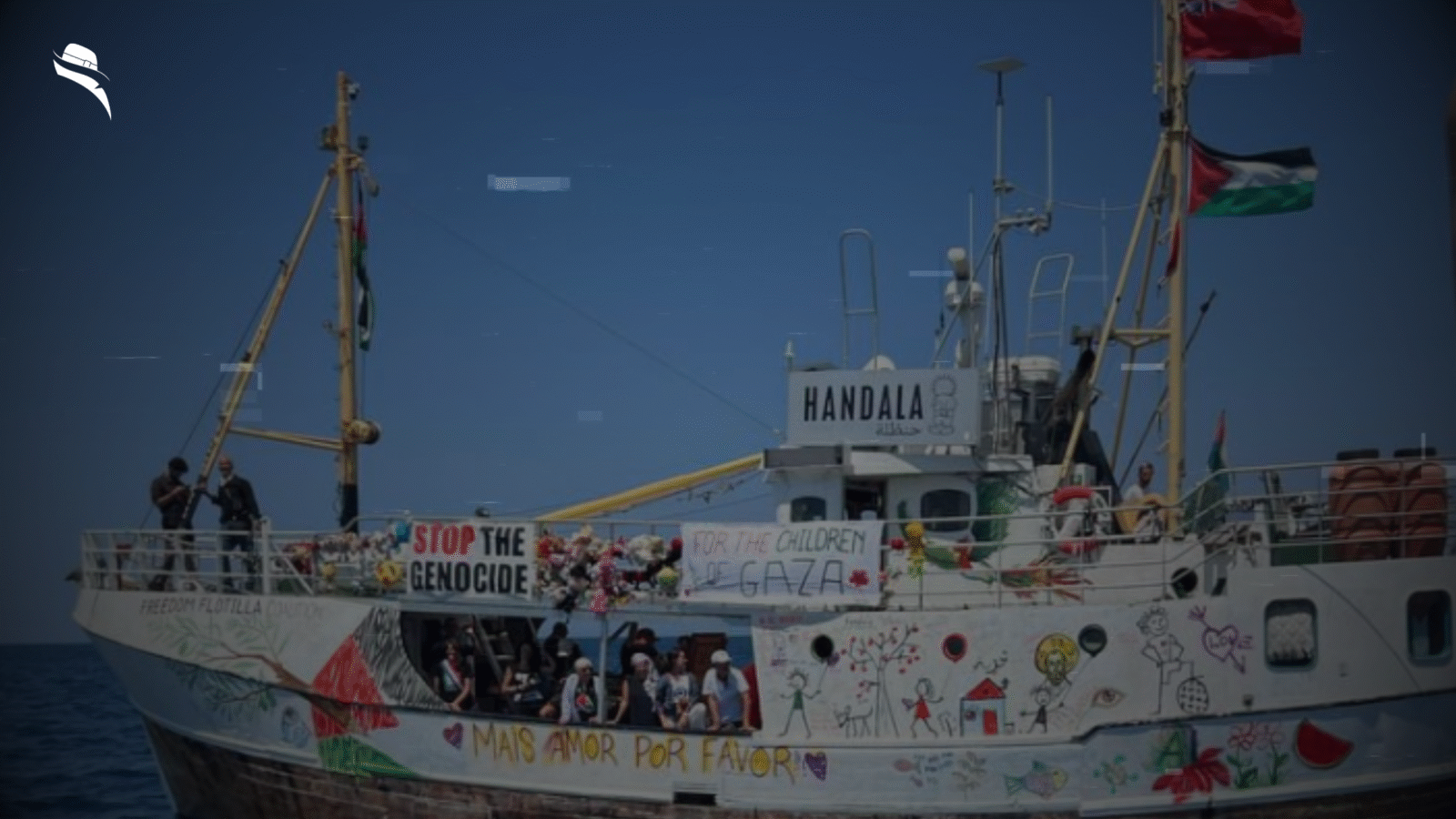
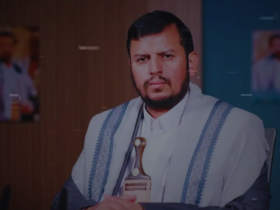
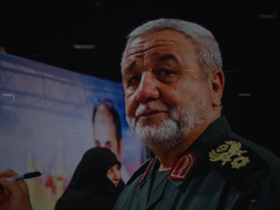

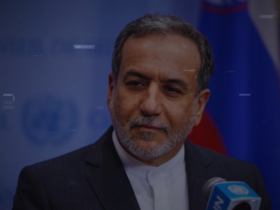
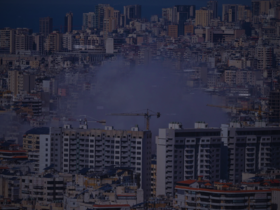
Leave a Reply